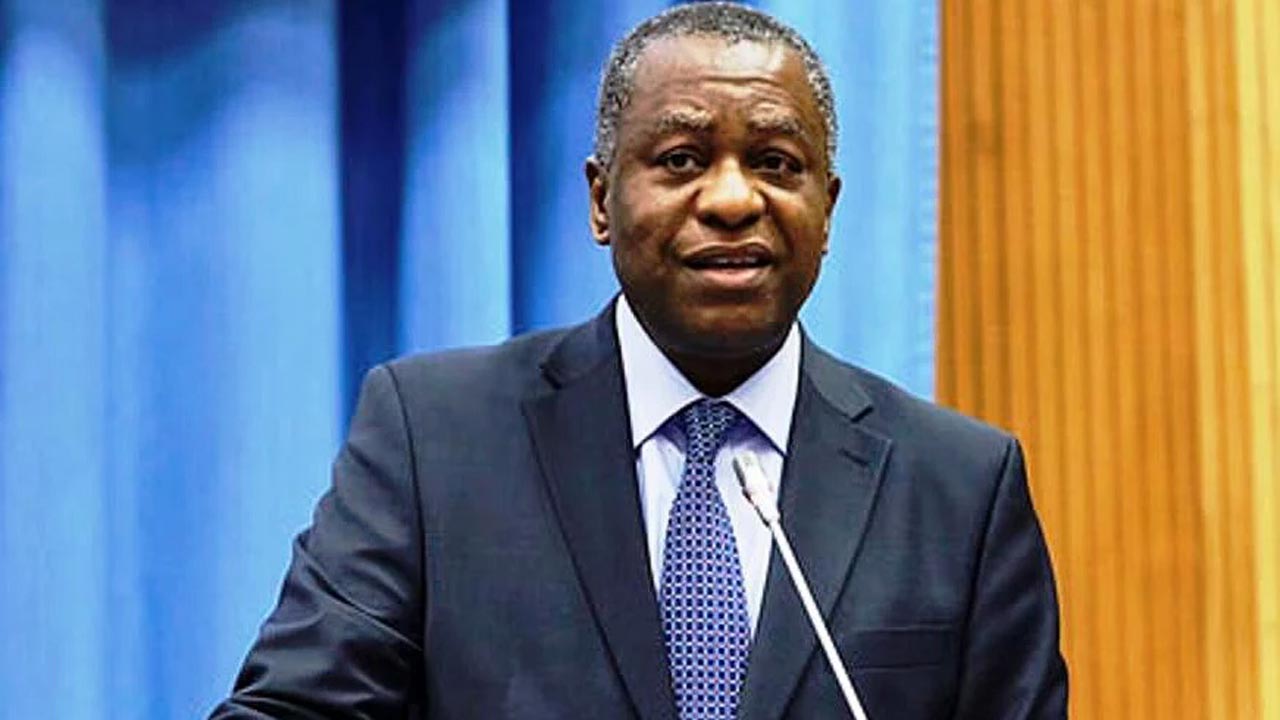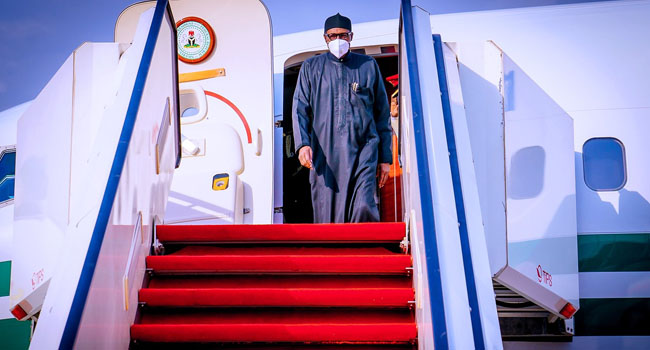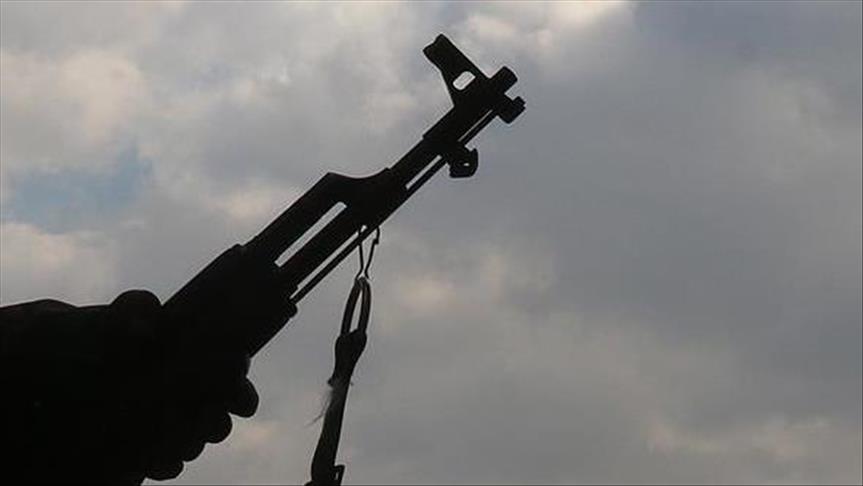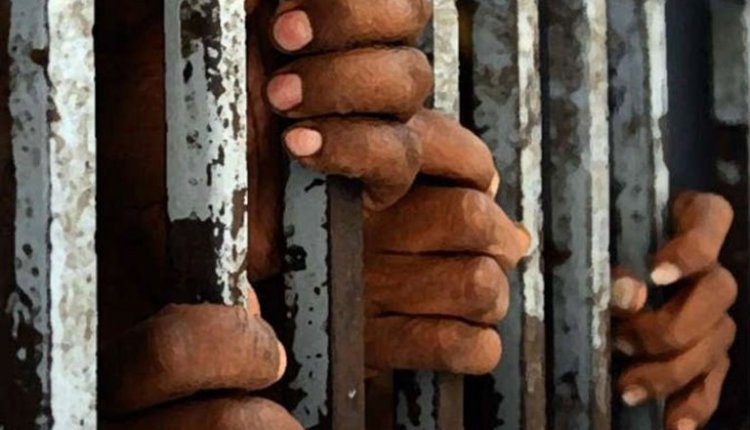Ethiopia, which along with Liberia were the only two African countries Europe was unable to colonise, has been bathed in blood many times in the last six decades until a bloody peace was written on November 2, 2022.
A civil war with Eritrea which was then part of Ethiopia, exacerbated the 1983-85 Ethiopian Famine resulting in 1.4 million deaths. The continuous wars against the Amhara-backed Menghistu Haile Mariam regime which ended on May 28, 1991, saw a loose front of Eritrean, Tigrayan and Oromo rebels gain victory. However, the Eritreans, the senior partners, decided to leave the Ethiopian federation to establish a separate state.
This left the Tigray Peoples Liberation Front, TPLF as the strongest force in the country, and its leader, Meles Zenawi took over the leadership. This was the beginning of the crisis that led to the 2020 Civil War which in the last two years has claimed 700,000 to 800,000 lives. This war, which pitched Tigray against the central government, the Amhara Youths Militia and the Eritrean Defence Forces, was so ferocious that from September-October, 2022 alone, about 100,000 people were killed.
It was this latest carnage, the unceasing siege on Tigray and the employment of starvation on the Tigrayans that forced a ceasefire brokered by an African Union, AU team led by former Nigerian President Olusegun Obasanjo.
To properly understand this carnage and peace process, it is important to first understand that three main nationalities; the majority Oromo, the Tigray that ruled until 2018 for 27 years, and the Ahmara that had presided for the ages, are fighting for the control of the country.
The Amharic who constitute 30 per cent of the population have been the rulers from the days of the monarchy to the military rule which came to an end with Menghistu’s ouster. The minority Tigray who were given more of military duties, took over from the former and ruled as a dictatorship for 21 years under Meles Zenawi and by proxy, for another six years under Prime Minister Hailemariam Desalegn, a Southern minority. Power finally passed on to the majority Oromo when Prime Minister Abiy Ahmed Ali assumed office on April 2, 2018.
The Oromos did not fully accept Abiy even when he came from their lineage. Rather, they continued their opposition to the central government perhaps believing Abiy is another Tigrayan proxy.
The Tigrayan elites who had ruled the country since 1991 did not seem to have realised that power had changed hands. So, they committed two serious blunders in 2020. First, in defiance of the central government, they held parliamentary elections which had been postponed across the country due to the COVID-19 pandemic. Then when this led to rumblings, the TPLF on November 3, 2020 carried out a pre-emptive strike against the national army command in the region.
Perhaps the Tigrayan military had assumed the conflict would be between it and the Ethiopian military, but the Ahmaric militia joined, seizing Western Tigray, and the Republic of Eritrean military crossed the border to carry out brutal attacks on Tigray from the North West.
So Tigray found itself attacked on multiple fronts with severe food and medicine shortages. The war in Tigray was like a crime of passion; two former allies: the Eritreans and Oromos joined their old Ahmaric adversaries to annihilate their former Tigrayan allies.
Tigray which had in March made the lifting of the blockade against it, and unfettered trade, as conditions for peace talks, by September, was in no position to give conditions.
Under the Pretoria Peace Treaty, the Ethiopian government and the Tigrayan rebels agreed to end all forms of hostilities, including acts of violence, sabotage, air strikes, and “hostile propaganda, rhetoric, and hate speech”. They also agreed not to collude with any external force hostile to either party. The external force meant is clearly the Eritrean military.
In its hour of need, the Eritreans had been of great assistance to the Ethiopian government, and with no certainty that conflicts will not resume in future, it is unlikely that Ethiopia would want to jettison the Eritreans.
Both sides also agreed that federal authority will be restored in Tigray, including control of federal institutions. This clearly, is a restoration of central authority over the Tigrayan region.
The government also agreed to ensure that Tigray is represented in federal institutions, including parliament. This is vital to reintegration. Although the issue is whether the centre would trust the Tigrayans enough to let them, at least in the short term, return to sensitive posts.
This leads to the issue of disarmament in which both parties recognise the Ethiopia National Defence Forces as the only military force allowed in the country.
In implementing this, the TPLF which has dominated Tigray for decades, is for the first time since its February 18, 1975 establishment, to be fully disarmed including of its light weapons, not later than today, Friday, December 2, 2022.
To complete the defeat of the Tigray region, TPLF fighters will enter a disarmament, demobilisation and reintegration, DDR, programme. Additionally, the Ethiopian military will return to the Tigray regional capital, Mekelle to take control.
Since the Tigrayan elections were held contrary to the instruction that they be postponed, in the eyes of the central government, there is no legitimate government in the region. Therefore, a new interim administration will be appointed to govern Tigray until elections are held at an unspecified date.
The Federal Government also pledged to lift the tag of terrorism it had placed on the TPLF and begin a political dialogue with the group to resolve their differences.
Both sides also agreed to protect civilians and uphold international humanitarian laws to which the country is a party. Aid is to start flowing into Tigray, essential services are to be restored while the government is to facilitate the return of those displaced by the war where the security situation allows. This might mean that areas seized by the Ahmaric may not be readily returned
The agreement also provides for a Truth and Reconciliation body under a “transitional justice policy”.
The peace agreement needs follow up talks and implementation steps. But it is unclear whether there will be good will on all sides or it is just an agreement to buy time. As it stands today, the elites of the three main nationalities, Amhara, Tigray, and now Oromo, have tasted power and may want to dominate others which would lead to future armed conflicts.
If this type of mindset persists, hopelessness would rule the land and the lives lost in trying to reunite the country would have been sacrificed in vain. Africa, which has done quite well in the peace process, still has a lot of work in its hands.








